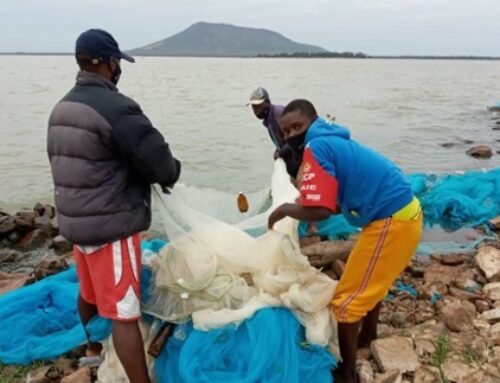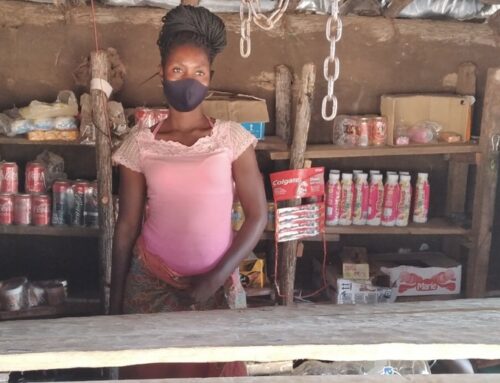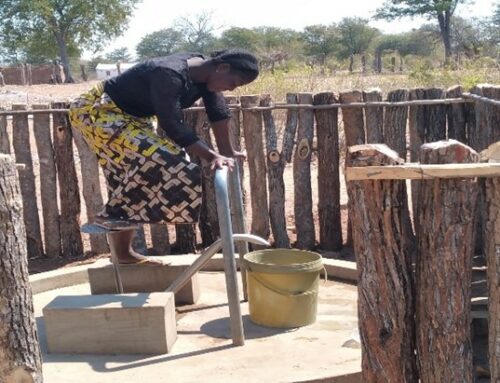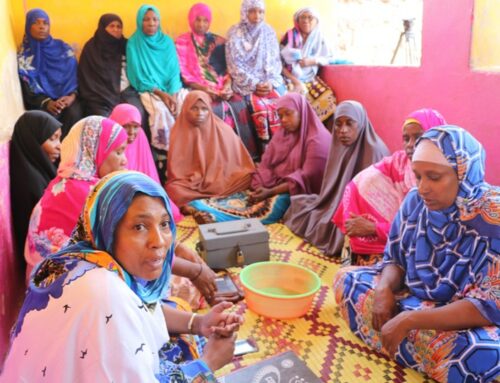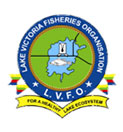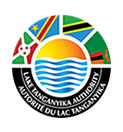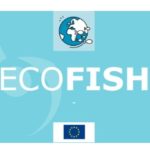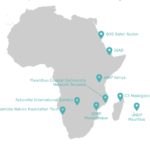This is exactly what the small-scale fishers of Kafue and Luangwa regions have been doing since the capacity-building exercises provided by ActionAid Zambia, with support from the European Union through the ECOFISH Programme. Overview.
Honing their skills
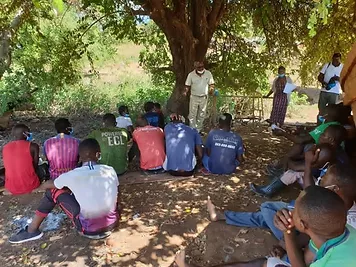
Figure 1: Community Sensitisation meeting
Optimistic aftermaths
All of the hard work has been paying off. This could be seen with the quarterly review meetings, whereby the committees reflected on the progress made from the capacity-building lessons.
Fishers were learning the ropes and were having a better understanding of several topics covered. For instance, the lessons given on advocacy and fisheries regulations encouraged several members to get their fishing licences to practise legal fishing. They even urged their fellow members from their fishing camps to follow the lead and abide by the laws as well. Furthermore, some fishers even requested their rightful access to fishing areas that they are being excluded from by individuals who have land near the rivers.
The small-scale fishers also showed a better comprehension and appreciation of the importance of allowing fish to breed during the annual fish ban. As a matter of fact, several members of the committees are now scaling up the community sensitisation programme of the importance of following the fisheries regulations. As a result, over 500 fishers from the Chanyanya community were convinced in acquiring their licences – the Fisheries Department has recorded an increase in the number of requests!
Another positive outcome of these capacity-building sessions would be the improved relationship with the Fisheries Department. While one of the lessons reflected the need to strengthen relations with the Fisheries Department, especially with regards to law enforcement. The committees urged the Fisheries Department to be quick in responding to cases of people breaking the law when they are reported.
Forward-thinking
Now equipped with the right set of abilities–and better organised for a common cause– the communities are now committed to taking the proper actions and developing structured solutions to the several problems they face. For instance, they wish to formalise their fishing camps into multi-purpose cooperatives and facilitate provision of finance and Enterprise Development Services from stakeholders such as the Zambia Development Agency, and Zambia Cold Storage. Most fisheries camps have engaged the local authorities through submitting applications to Constituency Development Fund to support fishers enterprise. The district level fisheries committee is also engaging the Fisheries Department for possible partnership in terms of enhancing patrols during the fish ban period.
Mr Kayombo – a village headman in Namilole Fishing Camp in Kafue –, expressed his gratitude for the new skills he was able to acquire during these capacity-building exercises.
Capacity-building has proven itself to be the key to unlock the doors to a better future.
